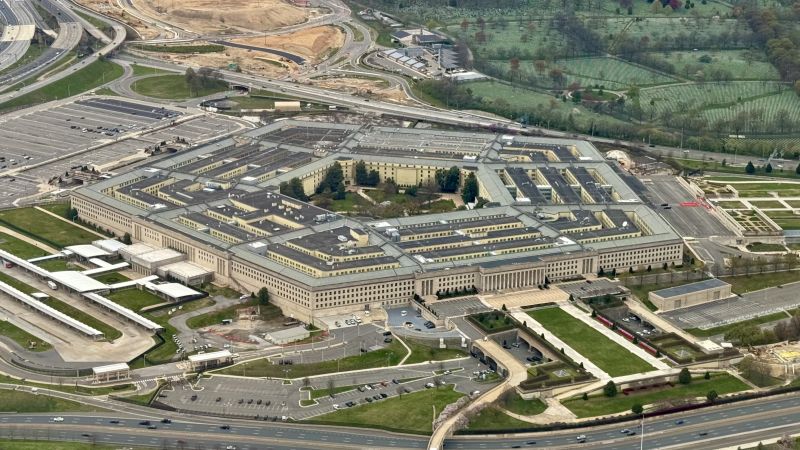The US military has acknowledged that it mistakenly killed a civilian man in a Syrian airstrike nearly a year ago after misidentifying him as a senior al Qaeda leader. The investigation, completed in November but not publicly disclosed until Thursday, found that the strike was conducted in compliance with the law of armed conflict and policies, but also revealed issues that could be improved. Many facts of the investigation remain classified, but the military is committed to learning from the incident and improving targeting processes to reduce civilian harm.
Questions were raised almost immediately after the May 3, 2023 airstrike about who was actually killed, with the man’s family insisting he was a farmer and father of 10 named Loutfi Hassan Mesto, not an al Qaeda leader. The US did not launch an official investigation until nearly 8 weeks later following the strike that killed him. The delay in making the conclusions public was attributed to the need to coordinate with multiple organizations, including the Syrian White Helmets. The investigation was ultimately ordered by General Erik Kurilla, who had announced on Twitter that a senior al Qaeda leader had been targeted in the strike.
Mesto’s family was not offered a compensation payment following his killing, despite a consideration of an ex gratia payment being deemed not appropriate given the situation. This decision raised questions about how thoroughly CENTCOM had implemented the military’s civilian harm mitigation policy, which was developed in 2022 after a botched US drone strike in Kabul that killed 10 civilians. In that case, ex gratia payments were offered to family members of the victims. The investigation of Mesto’s death was carried out by senior service members and civilian employees with expertise in intelligence, law of armed conflict, operations, and targeting matters.
The team interviewed over 40 witnesses, visited sites in Iraq, Jordan, and the US, and solicited information from non-governmental organizations. Mesto’s family stated that he had been grazing his sheep when he was killed, emphasizing that he never left his village during the Syrian uprisings and did not support any political faction. The incident highlights the need for continued efforts to improve targeting processes and mitigate potential civilian harm in US military operations. Overall, the findings of the investigation raise concerns about the accuracy of intelligence and identification of targets in airstrikes to prevent civilian casualties in conflict zones.


